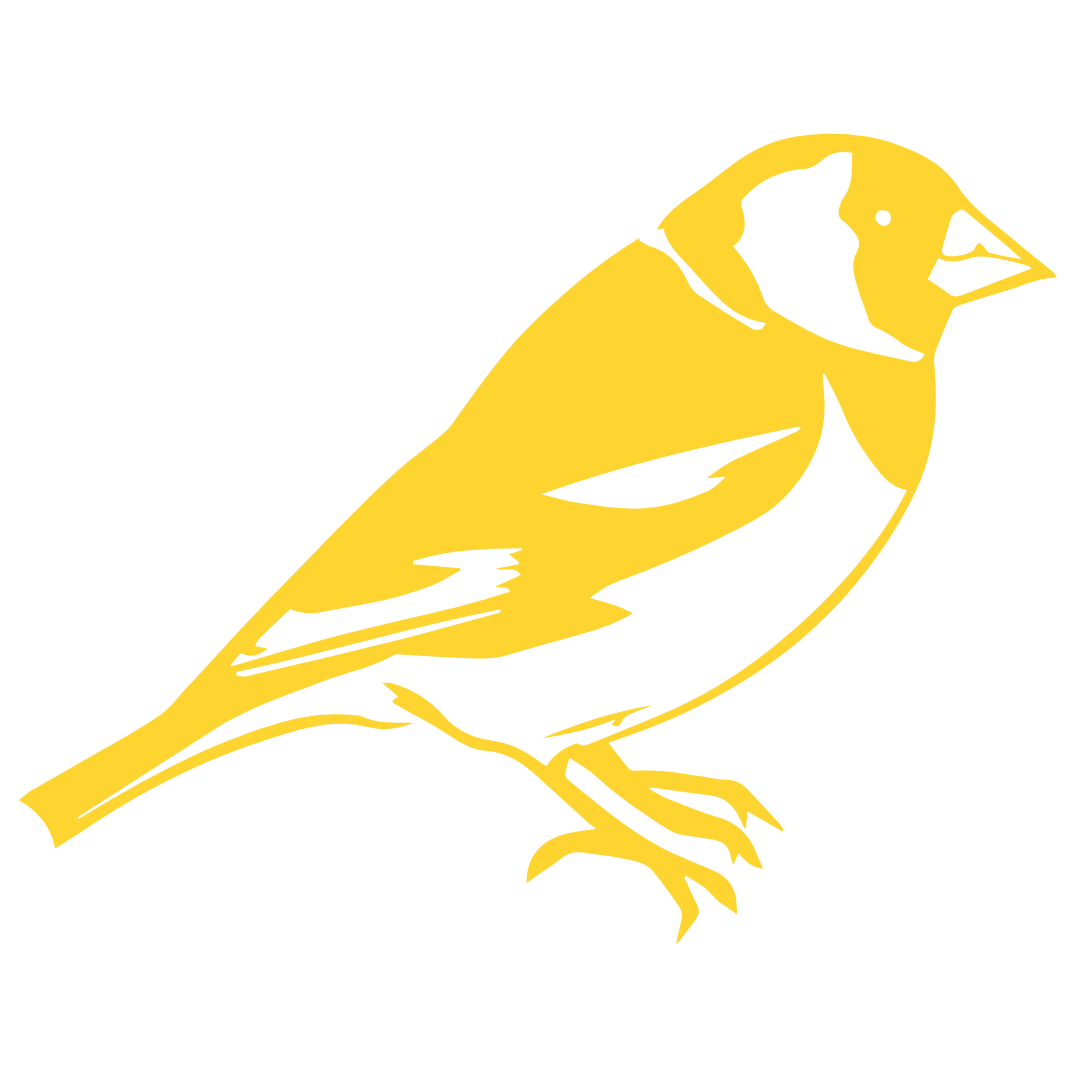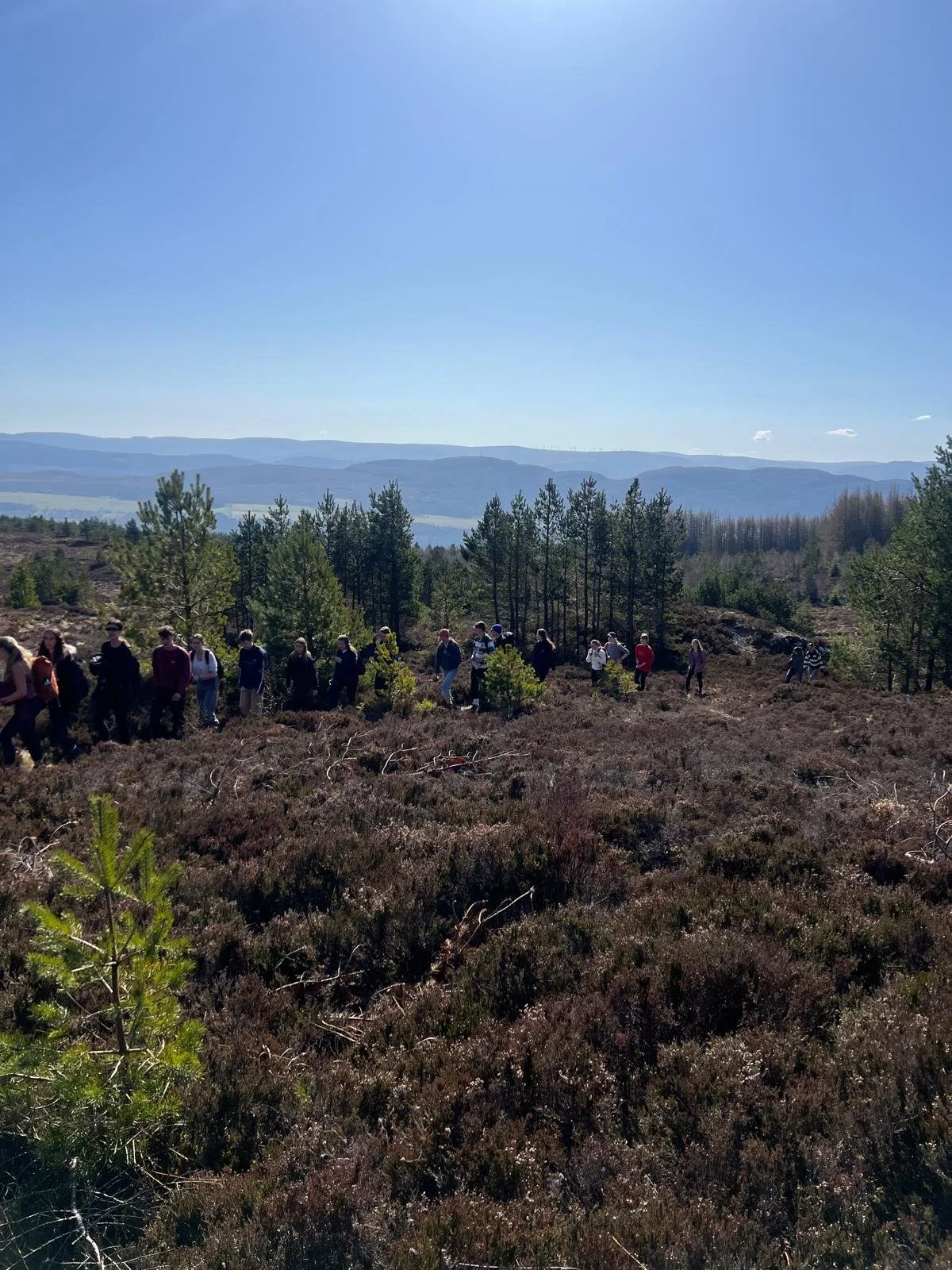FUTURE FOLK: Reading the Highland Landscape - Human Geography Fieldtrip, University of Edinburgh
Looking over Loch Ness to Dores and the Monadh Liath beyond, from Abriachan Forest Trust
Facilitating Field-Based Learning: University of Edinburgh Geography Field Trip
During the spring holidays, I had the pleasure of supporting a three-day field trip for nearly 100 geography students from the University of Edinburgh, led by Dr. Fraser MacDonald. I helped facilitate field-based learning activities that began with a guided trek over Carn na Leitire to the Abriachan Forest Trust, where students learned to ‘read’ the landscape—uncovering the hidden layers of social history embedded in placenames, shielings, illicit stills, peat stacks and patterns of forest cover. Through this embodied and sensory experience of the land, students were encouraged to think critically about the relationship between language, land use, and memory—and how these shape not only our understanding of the past, but also the possibilities for more just and sustainable futures.
At the Abriachan Forest Classroom, the students met with Raghnaid Sandilands who offered an introduction to Gaelic tree lore, connecting language and landscape. This was followed by an introduction to the work of Abriachan Forest Trust and a practical, hands-on session focused on willow planting and tree identification, using these activities to spark discussion about the intersections of ecological restoration, place-based knowledge and community land stewardship.
Throughout the trip, we supported students in developing critical field skills—observation, interpretation and reflective inquiry—while encouraging them to consider the Highland landscape as a living, contested space shaped by histories of landownership, cultural marginalisation and ecological change. We explored how communities like Abriachan are responding through community ownership, forest-based enterprise and the revitalisation of cultural and ecological knowledge.
This was a powerful example of place-based education in action—rooted in the belief that learning is most meaningful when it engages both head and hands, and when it is grounded in the lived realities of people and place.






